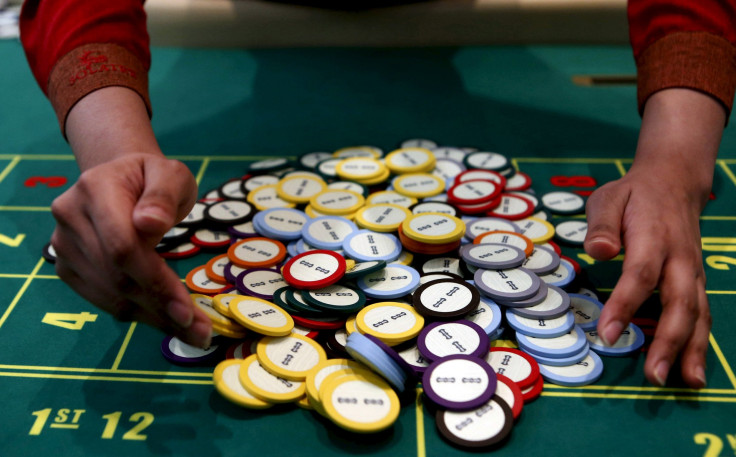Philippine Bank Claims Innocence In Bangladesh-Federal Reserve Money Laundering Controversy

A money-laundering case extending from Bangladesh to the U.S. Federal Reserve to a bank and casinos in the Philippines prompted the bank's president to indicate he would sue persons who allege the lender knowingly allowed the illegal transfers.
"I condemn as malicious and actionable insinuations that the top management of the bank knew of and tolerated alleged money laundering activities in one branch," Rizal Commercial Banking Corp. (RCBC) President Lorenzo Tan said in a statement. "My track record is unblemished," he said, citing his positions as head of Philippine and Asian bankers associations.
In a separate statement, the bank made a point of mentioning its key foreign shareholders.
"RCBC and its principal shareholders — the Yuchengco family, Cathay Life, the largest life insurance company in Taiwan, and IFC, the investment arm of the World Bank — are fully committed to comply with all banking laws and regulations, in particular those on money laundering."
Tan and the bank said they were investigating the matter and would cooperate with authorities.
Bangladesh says hackers used its SWIFT codes — codes banks use to transfer funds between themselves — to get the Fed to send $100 million of the country's money to an RCBC branch in Manila, while the Fed says the remittance instructions all checked out. According to Bangladesh, the Fed should have checked with the Asian country's central bank and it is now considering legal action against the U.S. central bank to try get the amount back, Bloomberg reported.
The money was deposited in the RCBC account of a businessman engaged in flying high networth individuals to gamble in the Philippines, and then used to buy gambling chips or cover losses, according to The Philippine Daily Inquirer. The Philippines opened up gambling in recent years — over the objections of the powerful Catholic Church — and then reportedly benefitted when Chinese President Xi Jinping's crackdown on corruption forced inveterate gamblers to go farther than Macau.
The Inquirer on Wednesday reported sources as saying that central bank Governor Amando Tetangco said Tan hadn't been transparent with him. Tetangco didn't reply to a text message seeking confirmation.
Bloomberg said local officials blamed a lobby that excluded casinos from coverage of the country's 2012 anti-money laundering law and are concerned the Paris-based Financial Action Task Force will impose sanctions on the country over the incident. There is no allegation of wrongdoing against the casinos.
© Copyright IBTimes 2024. All rights reserved.





















